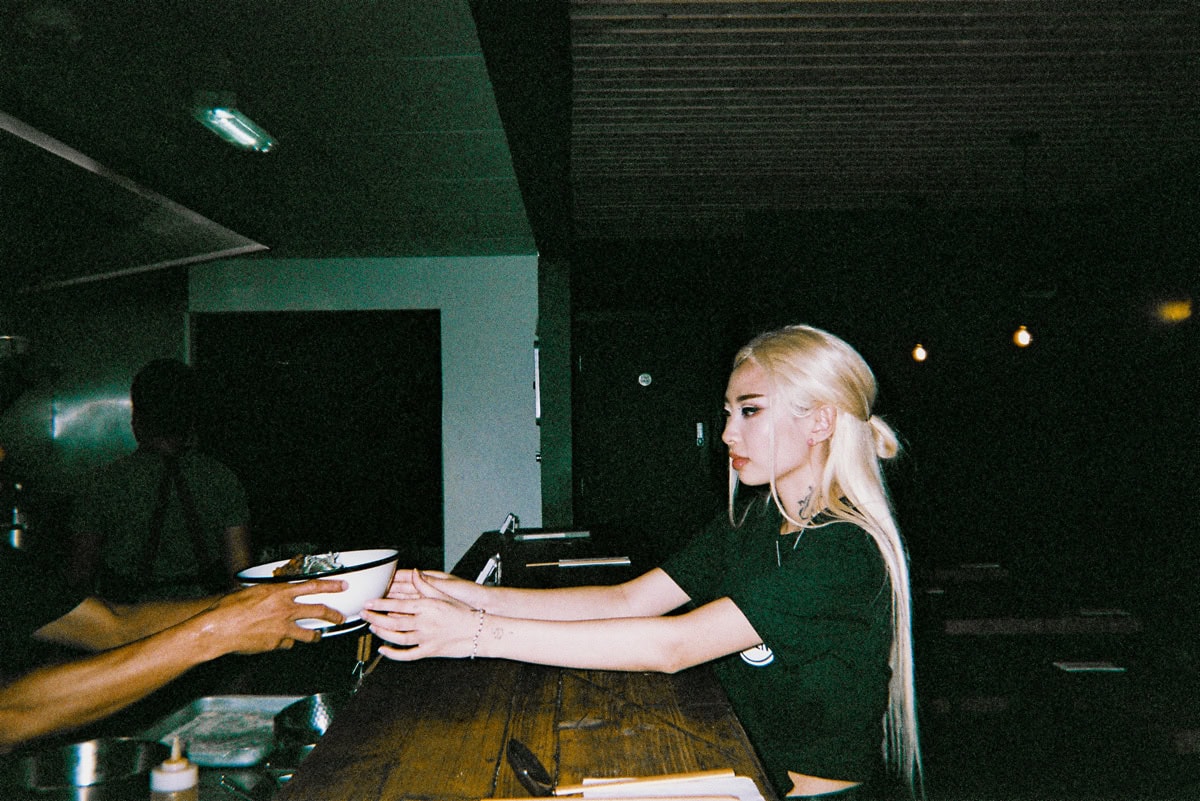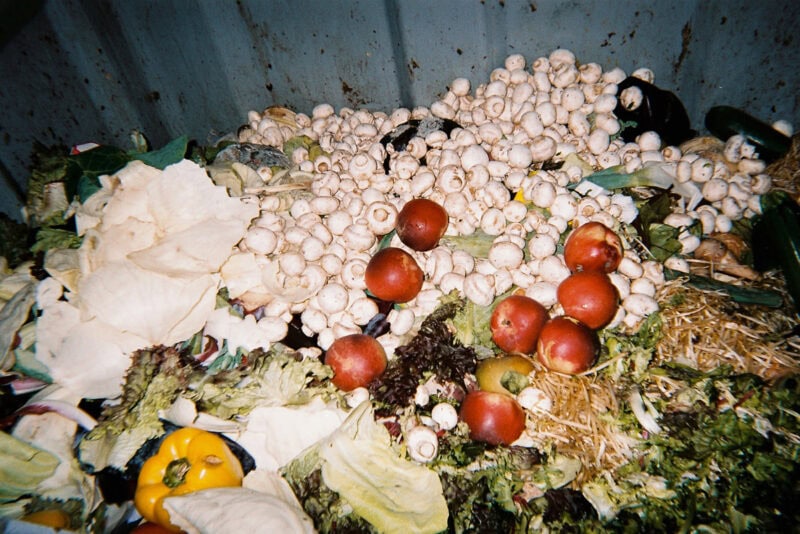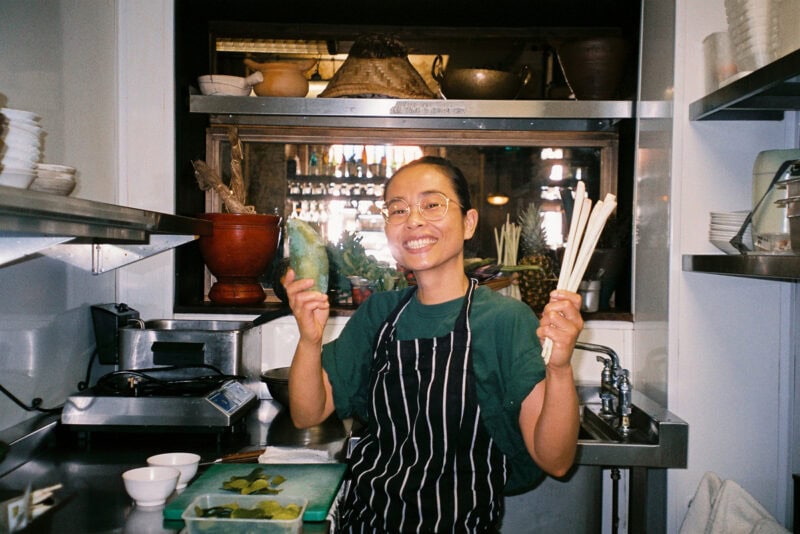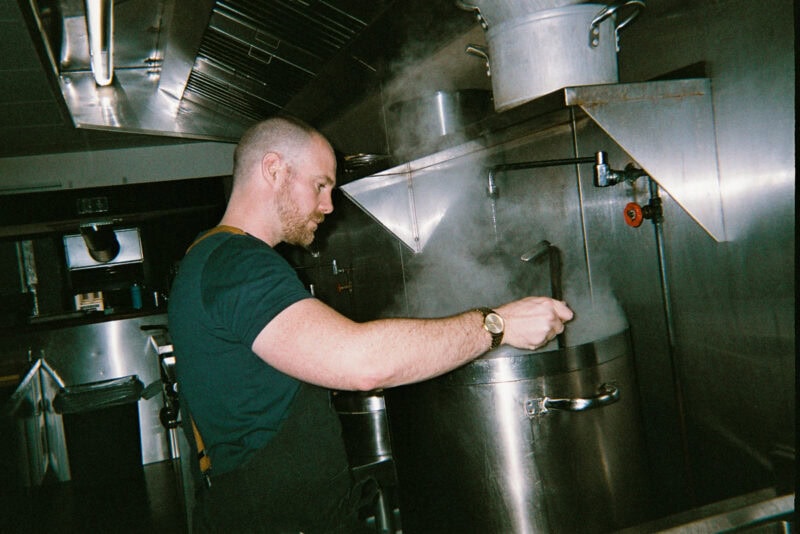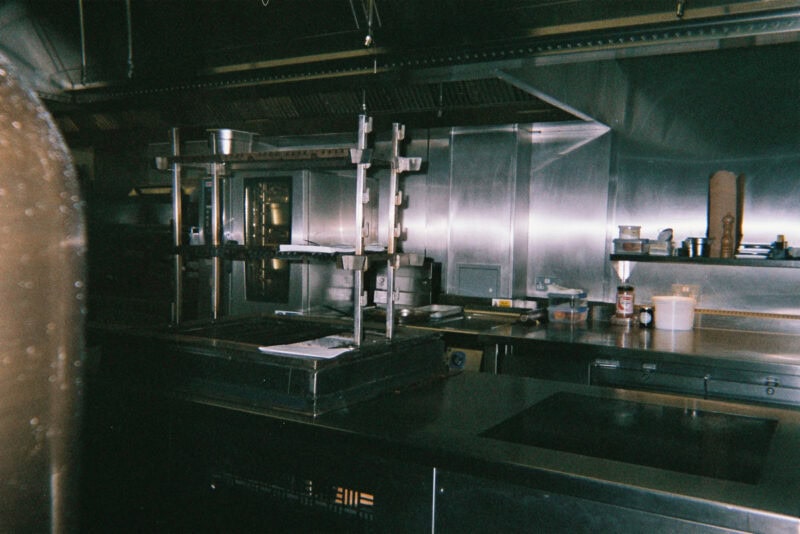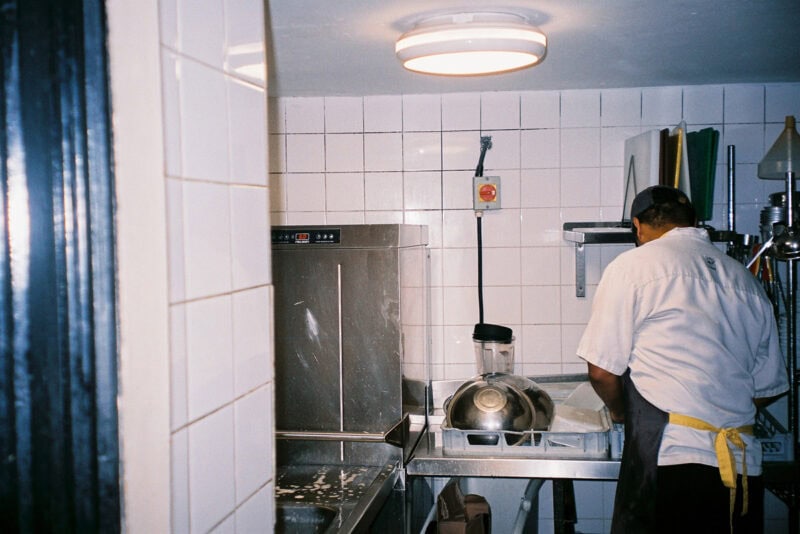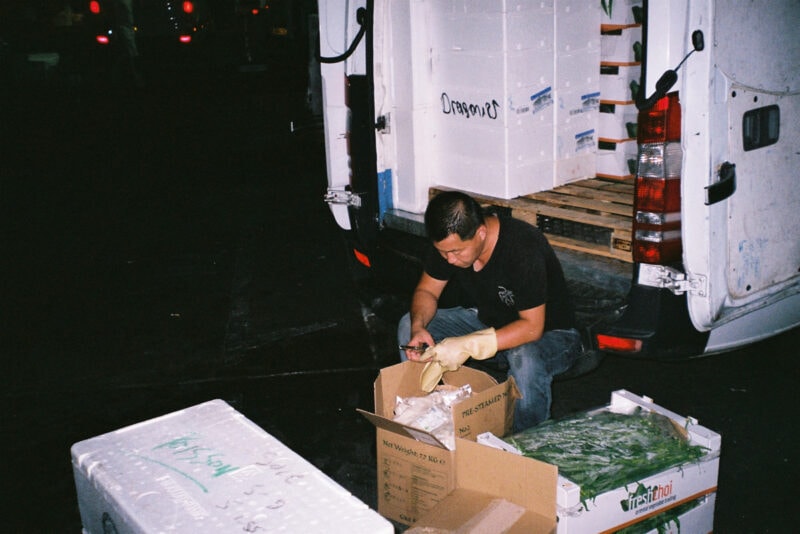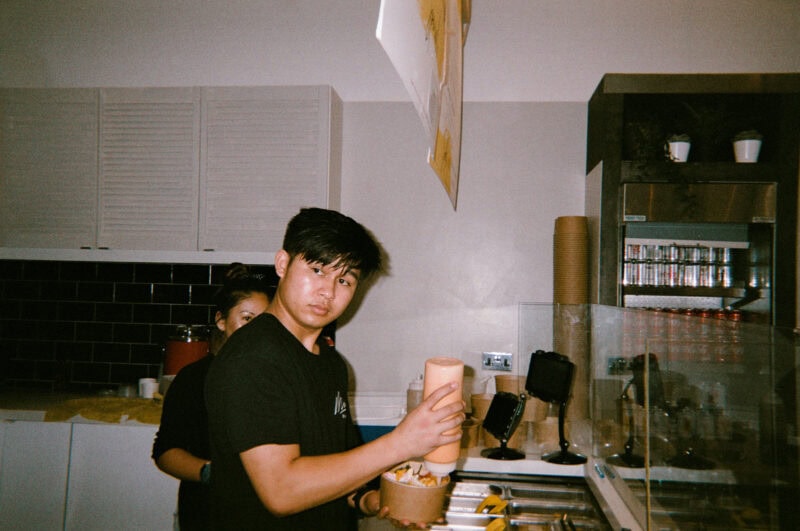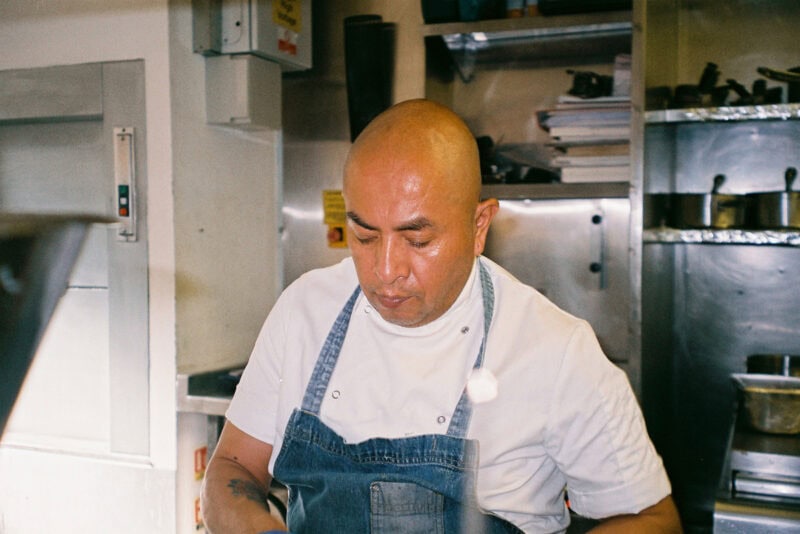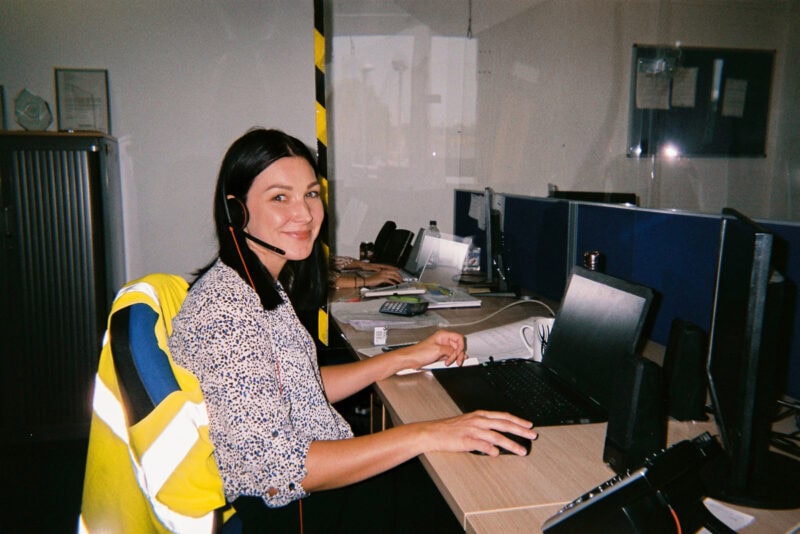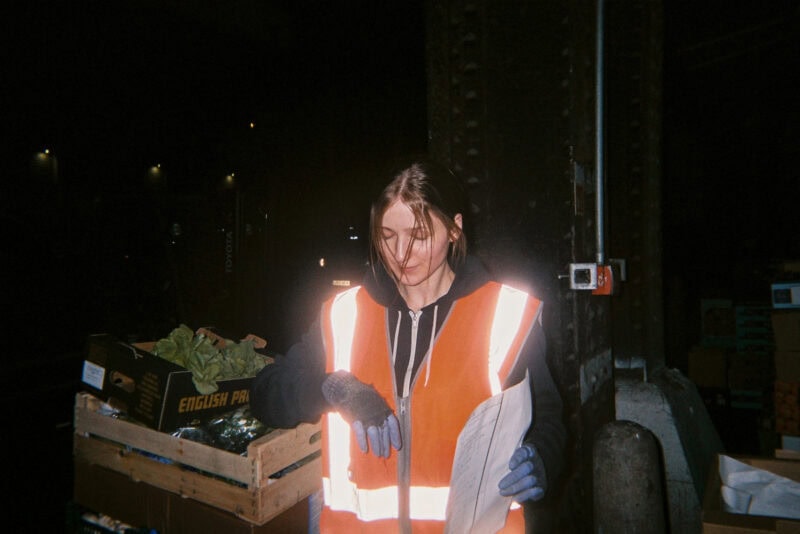What is food? That’s a good question if you think about it. But perhaps it’s not the question we should be asking. Rather we should start questioning why food isn’t “just food” anymore? I am quite sure that this question would elicit very different answers if asked to people of different nationalities, genders, ages and professions. We had a discussion with Ronen Givon, the founder of REKKI, to try and understand how our perception of food is changing. In his opinion, it’s a question of culture and food experience while a philosophical quotation from the wall of a restaurant that Ronen stumbled across in Lisbon would say that it’s «because we know the best moments in life are associated with good food and the people we love».
In short, it appears clear that we can no longer consider food as a mere source of nourishment or goods for trading, but as something that is undergoing a process of intellectual transformation: from foodstuff to instrument of pleasure, from the individual sphere to relational, from product to status symbol. The media is without a doubt complicit in this change of perspective, thanks to the myriad TV formats or the rise of the star chef.
However, one aspect is assuming an increasingly central role, partly as a result of the pandemic, and that is sustainability: environmental, of course, but social and economic too. The former regards the impact that each and every food product has on our air, water and soil, due to the use of fertilisers and pesticides, for example, or the emission of greenhouse gases. A study conducted by researchers from various universities in Germany attempted to work out what the real cost of food would be if we took its environmental impact into account. Their findings? Meat from conventional farms would cost 146% more while the cost of organic vegetables would remain about the same. Then there’s food waste to think about, the real scourge of modern times. It adds up to a billion tonnes worldwide each year, with over 550 million coming from families and almost 250 million from the catering sector, according to a report from the United Nations Environment Programme (UNEP).
Social sustainability looks instead at the working conditions and rights of workers all the way along the production chain: from the people working in the fields to the restaurant staff, from supermarkets to delivery riders, still mired in scandal around a lack of contracts and poor pay. Finally, the economic component is related to business development on the one hand and cost and product accessibility on the other. Because we all know that really healthy, delicious and seasonal food is the prerogative of the few and mostly the rich.
Why is food not just food anymore?
Firs let’s clarify what we mean by “food”. REKKI is a company in the entertainment space, not the food space. Food in restaurants is more about the people that it brings together and the experiences that result from that. Food (in food establishments) is a medium for connecting people in a meaningful way. Food at home is more about nutrition. Food in restaurants is an experience (which is why even amazing food isn’t enough if the service or environment isn’t spot on).
Food has acquired a new central role in our society. What do you think it represents today?
Let’s talk about culture for a moment. If you asked people on the street what defines the culture of Paris or Barcelona or Milan, the standard answer would once have been “museums” or “galleries” or “theatres”. In post-Corona 2021, that’s no longer the answer. When people were asked what they miss most, it wasn’t theatres or museums, it was restaurants and their friends. Our deeply held belief is that restaurants are the most important part of our culture today. Far more so than museums, theatres and galleries, or anything else that is traditionally “cultural”. When I next take my family to Paris on holiday, the main experience we will all be looking forward to is visiting the plethora of wonderful restaurants and cafes, not the Louvre. We all yearn for contact with our loved ones – museums don’t give you that and neither do theatres.
The pandemic has profoundly changed people’s relationship with food. What have we learned from the past year?
We have realised that a city’s culture is defined by its food scene more than any other single factor.
Do you think the conditions are right for a paradigm shift?
Restaurants will be more valued by consumers and no longer taken for granted. An occasion where I can sit in a restaurant with my friends or family will become more special. As a result, restaurateurs will be in higher demand, with potentially higher pricing to compensate for lower seating capacity, increased health and safety costs etc. At REKKI, we speak about restaurants thriving, not just surviving. The conditions for opening a restaurant have never been better (other than finding staff which is more challenging).
Food is a fundamental lever in the creation of a more sustainable society. What should our priorities be in your view?
We should first distinguish between food which is sold wholesale to businesses such as restaurants, vs retail which is supermarket food/mass produced. The wholesale supply chain that services restaurants acts as a fertiliser to the mass production for supermarkets. It allows smaller growers to focus on quality, flavour and provenance on a smaller scale. It fertilises our idea of what food is. Whereas I would buy the standard tomatoes from the local supermarket, in a restaurant I am exposed to specialised tomatoes that are black rather than red. It opens my mind and palate to different varieties. A similar trend is seen with the serving of more sustainably caught fish, which large supermarkets won’t sell due to a lack of widespread demand. We see chefs and restaurateurs as the fertiliser in a supply chain that has been optimised for scale.
REKKI is formed of a group of ex-chefs and ex-suppliers with a passion for food and technology. How can technology help to make the food industry more sustainable?
It was our experience that food costs in a restaurant are the single most important factor in determining a restaurant’s profitability. But the daily grind of having to prepare food, serve customers and deal with everything else in-between means that the people in charge face too many challenges in making the right choice about what they buy and from where. It is a combination of reliability, quality and price of the products and that is because this food is not for nutrition, it is for an experience. The better the food is, the better the experience will be. Experiences are what restaurateurs give to society, and they are typically very passionate about doing that, even at the expense of profit. Our hypothesis was that a liquid market of wholesale suppliers for chefs to visit, where they could immediately connect and order (with no account) was key to restaurants thriving, not just hanging on by the skin of their teeth. At REKKI, you can sign up as a chef or restaurant and start placing orders from your current suppliers immediately. You are then able to search for ingredients that your suppliers may or may not sell, connect with new suppliers and order right away. We have thousands of restaurants around the world so a chef can see whether a supplier is trusted by other chefs just like them. This is a very powerful sign that they too should buy from this supplier. The supplier in turn gets recommended to new chefs searching for their services, based on how their current customers use and return to them. If I’m a chef in a local Italian restaurant, then my supplier search will result in suppliers that have been supplying Italian restaurants near me for the past 6 months. That way I have confidence that they are nearby every day, and that they are used to supplying people like me. The same goes for a lot of Michelin starred places, cafes, and so on.
Food waste is one of the scourges of the 21st century and one of REKKI’s virtues is your attempt to reduce it. How much awareness is there around this issue, inside and outside of restaurants?
From my experience in restaurants, most wastage results from bad communication between team members. Perhaps the wrong amount has been ordered or received for example. It’s very hard to exactly predict demand, especially at an individual dish level. And so, independent restaurants (our primary focus) rely on the skill of their chefs to moderate what comes in and use it while the ingredients are fresh. REKKI is a way for kitchens to centralise that communication, make better purchasing decisions and indirectly tackle the wastage that is created by over ordering.
What are the advantages of a short supply chain and direct contact with your suppliers?
For a kitchen, a reliable and consistent supplier is key. If you don’t have direct contact with your supplier, you can’t report issues and allow the supplier to provide their service. The best suppliers have a direct WhatsApp or text chat with their customers. REKKI allows you to do that out of the box, but with your entire team. The supplier brand is therefore visible to the whole team. That team will (in time) move on to work elsewhere but they will remember the suppliers they worked with. It is a system built on trust for the good of both sides of the market, not one that is a race to the bottom for the lowest quality goods.
There is a lot of talk about environmental sustainability, but all too often social sustainability – which is a huge issue in the food industry – is neglected. What has to change?
Social sustainability is built into our business model. There are marketplaces that try to remove the human connection between buyers and suppliers (in our case, restaurants and their suppliers) and create a ‘one supplier rules them all’ system. Amazon is the biggest example. That means that all the expertise developed in curation and service by these independent suppliers is lost. We will be left with large trucks delivering food that all looks the same. Our approach is different. We want to embrace the independence of our suppliers. They each have a dedicated page on our marketplace and are judged according to how they serve the customers in your area. We believe that this means that the suppliers who care most are more likely be found by the right restaurants. It means that the best independent suppliers grow with REKKI, and don’t have to worry about us replacing them one day. We do more to help our suppliers to grow (instead of working against them). This means that we are working for the good of the ecosystem and the people that serve it. If you look at our Instagram page for example, you will see that all we’re concerned about is our users, both chefs and suppliers. We speak to them daily, we build our products around them and we empower them to be better at their jobs. Our success relies on our users getting better and using us more.
What do you think are the trends for the years to come?
Restaurants will thrive. The barriers to opening a new restaurant will drop. It will be easier to run a restaurant and more chefs/restaurateurs will make the jump. Restaurants will change from a business that’s lucky to make any profit into a thriving business that can sustain its owners and allow them to be proud of their business. Restaurants will be more receptive to non-intrusive technology that can enhance the restaurant experience and maximise the human experience: such as ways to pay faster or an order “memory” so that I don’t have to repeat my food intolerances or preferences to a new restaurant I haven’t visited before.
Credits
Words by Cecilia Dardana
Photo by REKKI Team
Starring Ronen Givon
